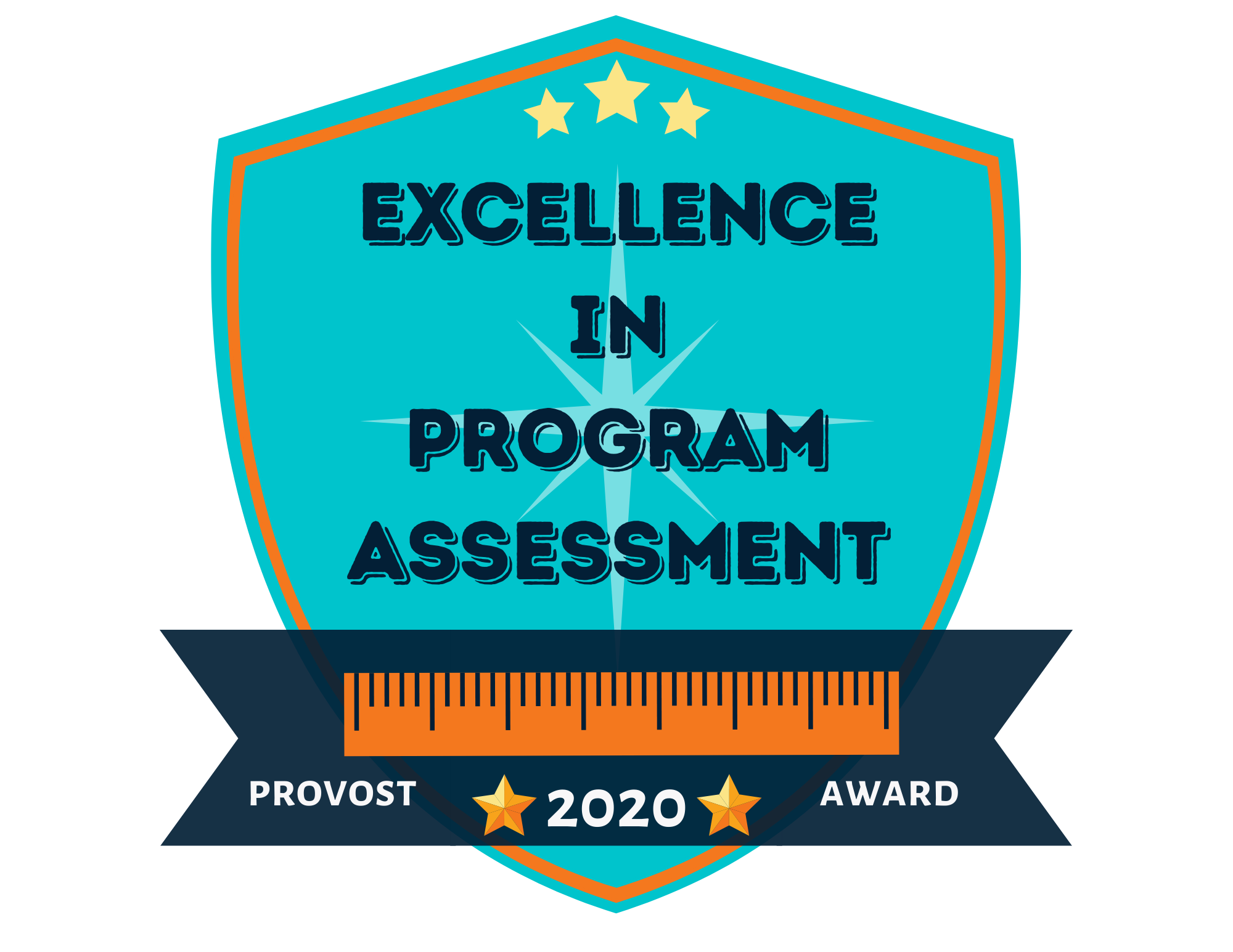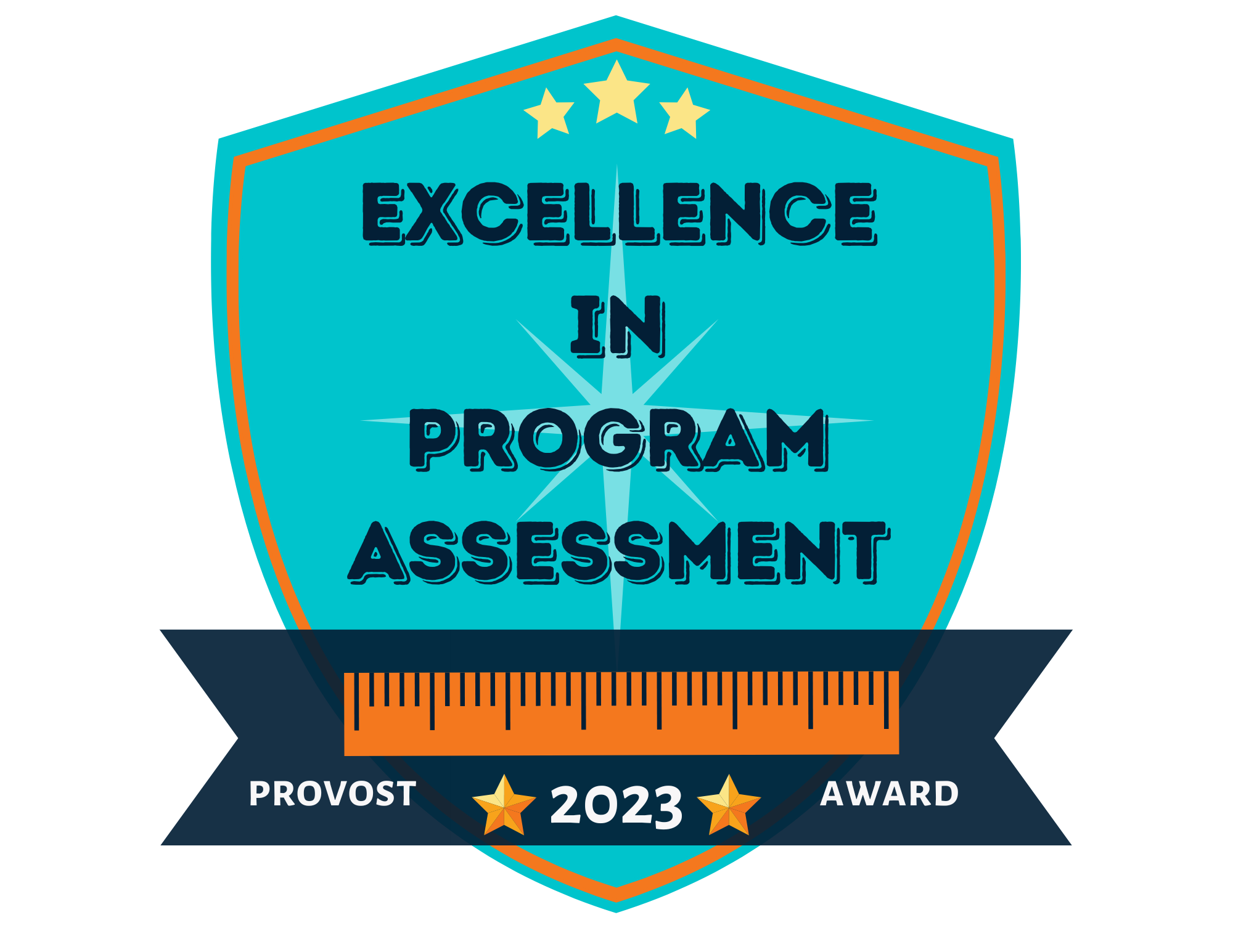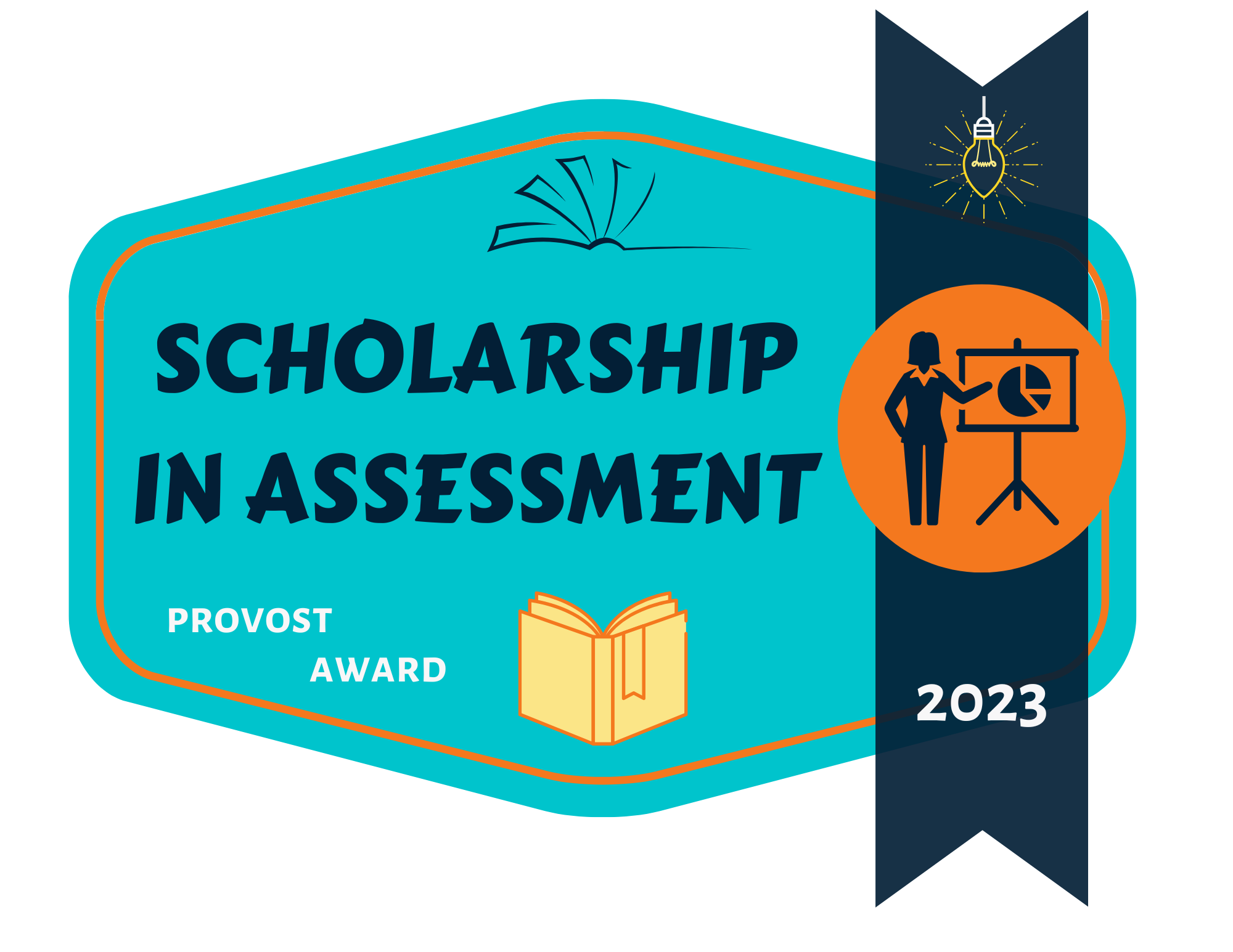Mission and Goals
Program vision
To be a nationally recognized leader in radiation therapy education, professional collaboration and career development. Guided by professional and national standards, the program will provide well-rounded career education to radiation therapy students utilizing up-to-date didactic courses, diverse clinical experiences, advanced technologies and individualized mentorship.
Program mission
Through the integration of both academic and clinical experience the Radiation Therapy Program will provide the means for each student to gain and apply the knowledge and skills necessary to become a competent and ethical practitioner in the art and science of radiation therapy. Built on the three components of the American Registry of Radiologic Technologists' (ARRT) "equation for excellence" (education, ethics, examination), the program provides the preparatory education through didactic and clinical requirements to qualify graduates to take the ARRT national certifying exam. Promoting a culture of ethical behavior, the program upholds compliance with the ARRT rules of ethics required for initial and continuing certification. The mission and goals of this program are consistent with those of the OHSU and the School of Medicine.
Program goals
- Students will be clinically competent
- Students will demonstrate effective communication skills
- Students will model professionalism
- Students will develop critical thinking skills
Upon matriculation into the OHSU Radiation Therapy Program, each student agrees to be bound by the Code of Conduct, rules, policies, procedures and administrative regulations of OHSU, the School of Medicine, Graduate Programs and the Radiation Therapy Program, as they exist at the time of admission, and as they may be changed during the student’s continued enrollment. Students must be familiar with the policies and procedures of the Program and are also required to familiarize themselves with all policies and procedures of OHSU, the School of Medicine and Graduate Programs.
Upon completion of the Radiation Therapy program, the graduate will be able to:
- Apply foundational knowledge of Ethics, Physics, Anatomy, Physiology, and Oncology in the review and verification of all approved treatment plans, instructions, prescriptions and images, to ensure that the information is consistent and valid before delivering any treatment.
- Demonstrate the ability to identify and define problems, critically compare options, make timely decisions or recommendations, identify uncertainties and use findings to improve outcomes in light of evolving evidence.
- Understand the value of community service and advocate for equitable change when barriers are identified in health care settings using social justice practices.
- Understand the value of continuing education and apply research skills towards increasing knowledge and understanding of the current trends in the treatment and cure of cancer.
- Demonstrate active listening and oral and written communication skills with diverse individuals, communities and colleagues to ensure effective and accessible exchange of information.
- Demonstrate radiation therapy specific behaviors and norms, as well as the ability to work effectively in an interdisciplinary/ interprofessional team in clinical decision-making and ethical problem-solving.
- Demonstrate the abilities required to foster and work effectively within diverse, collaborative, team-based environments.
- Demonstrate the ability to identify situations that compromise safety and participate in risk reduction and continuous quality improvement.
- Operate ionizing-radiation producing equipment, and recognize any inconsistencies or malfunctions, and apply radiation safety practices to safely deliver an approved treatment plan for quality care.
- Demonstrate an appropriate understanding of evolving health care systems, health and science policy and resource allocation in order to optimize human health and scientific discovery.
- Collaborate with diverse patients, families and communities professionally, with integrity, using appropriate verbal and nonverbal communication.
- Recognize side-effects or complications commonly associated with each treatment procedure, and recommend the appropriate patient care, with respect for patient preferences, needs, attitudes, beliefs and values.
- Demonstrate competence in the core knowledge, skills, and practices as defined by degree programs and relevant professional licensing and credentialing boards.








